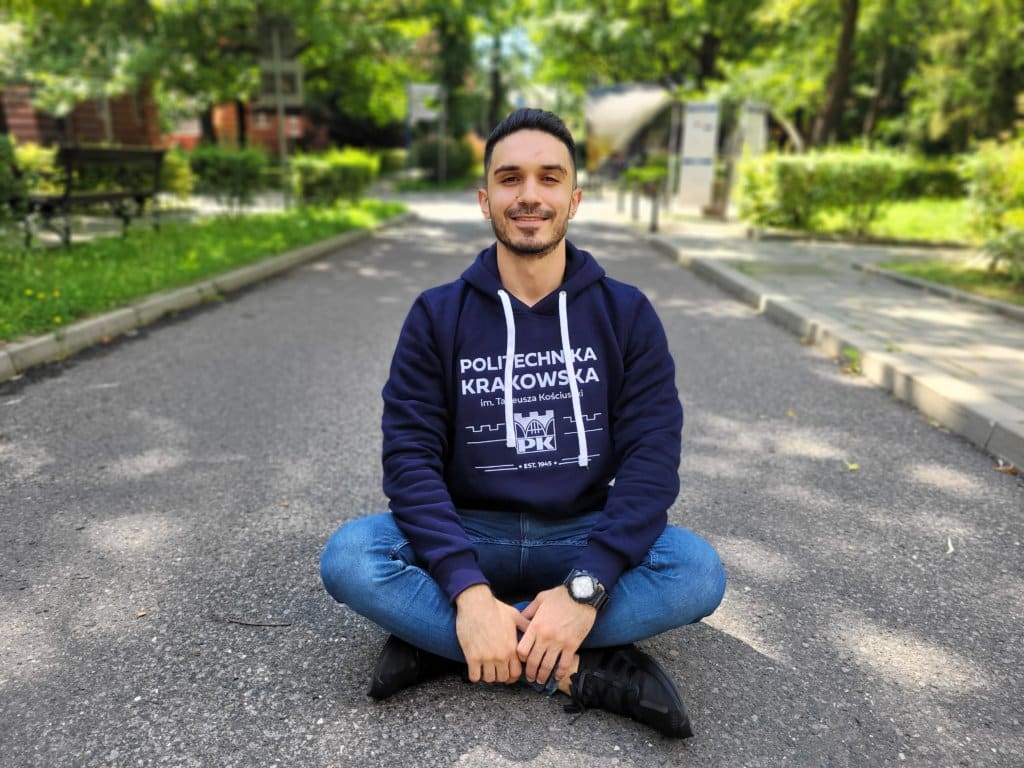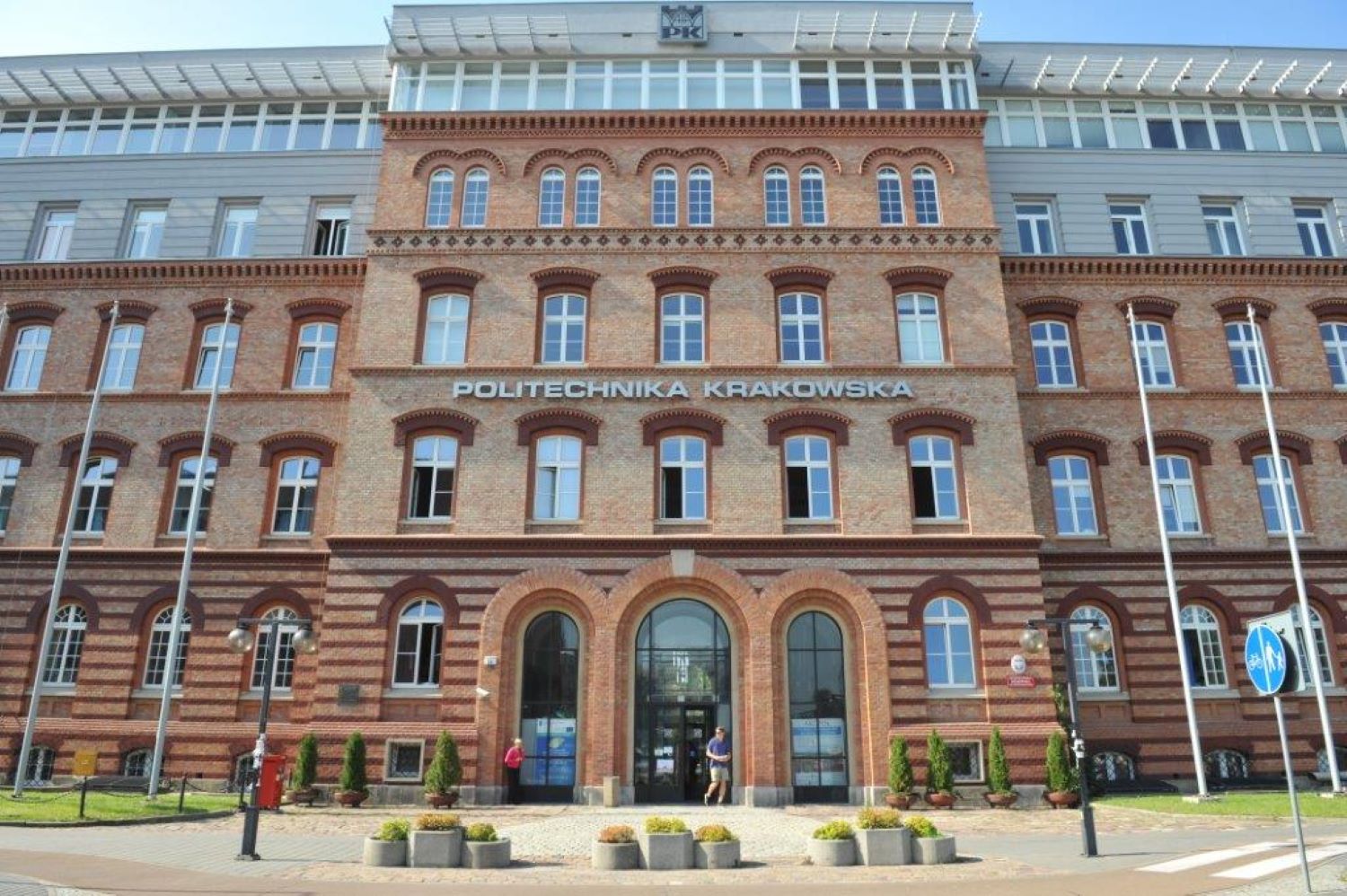Established in 1945, Cracow University of Technology (Politechnika Krakowska) is one of the country’s best public technical universities with an almost 80-year old history of delivering excellent and contemporary engineering education to students from all over the world. It performs well on global rankings too. Some of these accolades include being ranked #73 in the Emerging Europe and Central Asia University Rankings 2022 by QS World University Rankings and ranked #5 for Civil Engineering under EngiRank – European Ranking of Engineering Programs by Subjects 2020.
What all these figures translate to is excellent teaching and research at PK. The university has eight faculties offering 30 majors accredited by the Polish Accreditation Committee and 14 English-taught study programmes. Programmes offered by the Faculty of Civil Engineering and Faculty of Architecture are accredited by the European Network for Accreditation of Engineering Education and the Royal Institute of British Architects respectively. The Landscape Architecture programme is accredited by the International Federation of Landscape Architects Europe.
The university’s research is just as impactful. Some of the faculty members are listed as the Top 2% Scientists Worldwide by Stanford University. In June 2016, the European Commission awarded PK with the logo “Human Resources Excellence in Research” – a recognition only given to institutions that apply the principles of the European Charter for Researchers and the Code of Conduct for the Recruitment of Researchers.
As a member of the European University Association and the STARS EU Strategic Alliance, PK has international partnerships with universities all over the world including University of Tasmania in Australia, L’Ecole Nationale Superieure de Chimie de Lille in France, Technical University Berlin in Germany and National University of Singapore. Thanks to such collaborations, students have the choice of opting for double degrees such as the MSc programme in Environmental and Land Engineering that’s offered in partnership with the Università degli Studi di Cagliari from Italy. Or opt for joint programmes such as the Bioref Master’s programme in collaboration with three other European universities.
Today, the university is home to nearly 13,000 students taking full-time, part-time and Ph.D. studies as well as post-graduate studies as well as over 1,100 academic staff who lead these rigorous courses taught in both Polish and English. International students learn happily here, rating their student experiences between nine and 10 on a scale of out of 10.
Hear it from students Samba Lenjo from Kenya, Guliyeva Zahra from Azerbaijan and Salih Berke Altunbulak from Turkey. Lenjo and Zahra are Bachelor in Architecture students. They are exposed to modules such as Integrated Design, Technical Knowledge Theory and Practice, Architectural and Urban Heritage Theory, Presentation Skills Practice, and Architectural Profession Principles.

Source: PK Student Ambassador, Cracow University of Technology
“Being able to interact with international architects who are brought in for seminars and lectures has been very effective because it enabled me to learn more and understand different approaches I can take in design concepts,” Lenjo says.
A UNESCO-listed city of heritage, Krakow’s rich cultural heritage and architectural significance have helped them widen their perspectives on the built environment. “I have been to a lot of architecturally rich and significant places such as castles, cathedrals and museums, which has definitely allowed me to understand different architectural styles and how architectural history has influenced the rest of the world. This has shown me that every step taken in the history of architecture has been essential to get to where we are now and how timeless it all is,” adds Lenjo.
Zahra agrees. “By seeing and exploring the city almost every day and finding new architectural phenomena, Krakow’s architecture has played a huge role in influencing my perspective. It has also changed my view on Christian architecture.”
For Altunbulak, the master’s of Civil Engineering offers just as much. From state-of-the-art facilities to taking on projects that encourage deep learning, Salih has no regrets choosing PK to advance his knowledge and boost his skills.

Source: PK Student Ambassador, Cracow University of Technology
“The Faculty of Civil Engineering has a great teaching and research staff! Never do questions go unanswered and everyone is willing to help and provide answers anytime. I have never experienced any bad mentorship or heard of anyone who had bad experiences,” shares the master’s student.
“I personally think the teaching styles at PK are great. Depending on the subjects there are three parts of learning – laboratories where students can see theoretical knowledge in real life; projects where each student has to perform the necessary actions by themselves, which I think allows us to learn the most; and finally lectures where you can acquire deep knowledge about the field you are interested in,” he adds.
Upon graduation, Civil Engineering students are capable of understanding social, economic, legal and other conditions affecting the engineering activities while armed with relevant skills such as teamwork. They also hold the right set of skills and mindset to be prepared to work in structural design offices, construction companies, scientific research institutions and consulting companies as well as state and local government administration services.
Aspiring engineers and architects, learn happily at the Cracow University of Technology today. Find out more here.
Follow Cracow University of Technology on Facebook, YouTube and LinkedIn.










